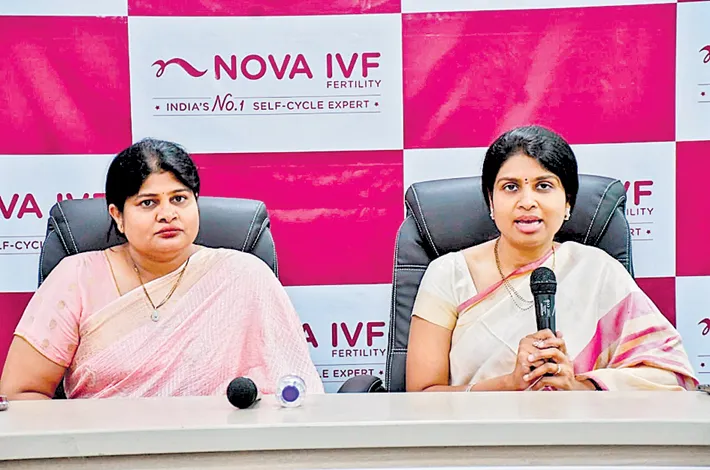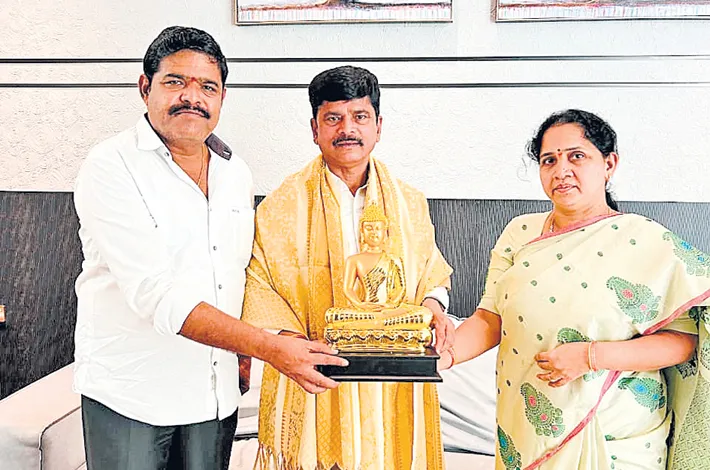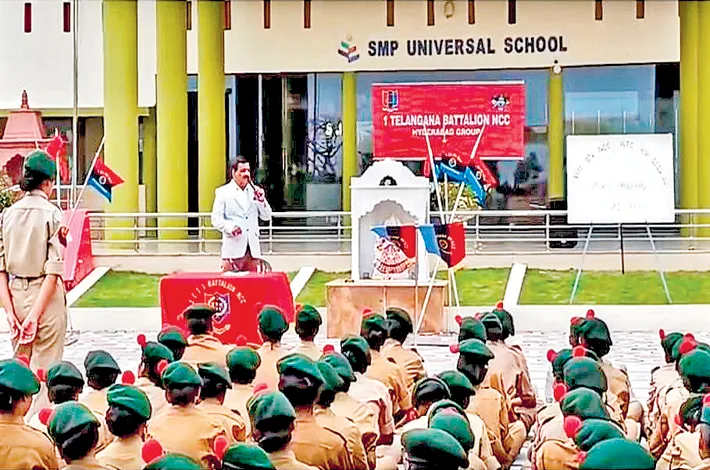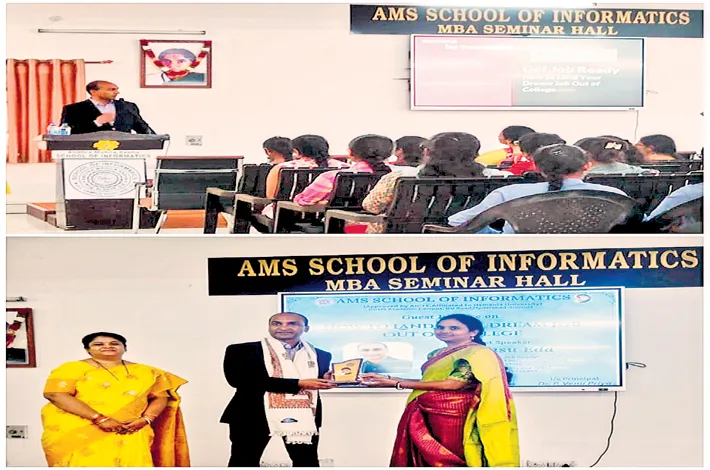Finland Calling: Affordable Degrees, New Avenues Await Indian Students
18-09-2025 12:00:00 AM
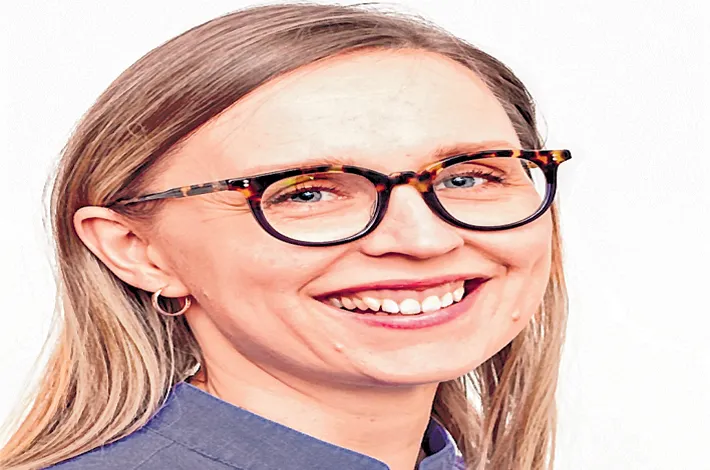
In an exclusive interaction with the Free Press Journal, Dr Eva Nilsson, Deputy Consul General of Finland, spoke about what makes Finland an attractive destination for Indian students. From affordable education and strong industry links to safety, equality, and a focus on student well-being, Dr Nilsson highlighted the opportunities awaiting students in Finland and how the country is positioning itself as a growing choice beyond the traditional study destinations.
FPJ: What do you think will attract Indian students to choose Finland for their higher education?
Dr Nilsson: Finland has ranked as the happiest country for eight consecutive years. This reputation extends to student life. We prioritise balance, what we call “student life balance”, giving real value to well-being, mental health, and quality of life.
Finland offers clear practical benefits. With more than 600 degree programmes available in English at both bachelor's and master's levels, students have a myriad of choices tailored to international needs. The tuition is relatively modest, typically ranging from 8,000 to 20,000 euros per year. Additionally, the affordability extends beyond tuition: students receive free healthcare, enjoy affordable housing options, and benefit from discounted meals and public transportation, translating into more funds for enriching experiences and personal growth.
For women in particular, Finland is known for safety and gender equality. I’ve spoken to female alumni who chose Finland because they felt it offered a truly equal environment where they could study on the same footing as their male peers.
Another crucial factor is the strong relationship universities have with industries. Students are given ample scope for internships, collaborative projects, and part-time employment; thus, gaining practical skills. Finnish universities collaborate widely with other European institutions, and students can also take advantage of exchange programmes, joint research, and dual degrees.
FPJ: From the government’s perspective, are there specific policies or priorities in place to attract more Indian students?
Dr Nilsson: We are very open to welcoming Indian students. Scholarships are generally offered directly by universities, so we don’t have a central government programme for that. But in terms of academic opportunities, ICT and engineering programmes are especially popular, and those sectors also offer strong employment prospects if students want to stay on after graduation.
In fact, Finland has a very competitive post-study residence permit system, which makes it easier for graduates to explore work opportunities here.
FPJ: Affordability is always a concern for international students. Are there measures that make education more budget-friendly in Finland?
Dr Nilsson: Yes. Although already lower than most other nations, tuition fees are also subsidised for students. University meals are deeply discounted, public transport is half the price, and discounts are available on most services. So living as a student here is very affordable.
FPJ: You spoke about health previously. Can you explain what's offered to students, particularly mental health counselling?
Dr Nilsson: Each university has counsellors and support personnel to assist students if they encounter problems, including mental health issues. There are also student volunteers who assist newcomers in settling in, because moving to a new country can feel overwhelming. Many universities run orientation programmes and peer-support activities to make the transition smoother.
FPJ: Do you have any figures on how many Indian students are currently in Finland?
Dr Nilsson: Currently, about 2000 students are studying in India. Interest from Indian students in Finnish education has surged, with applicants from India to Finnish higher education institutions rising 68% between 2022 and 2024, with business, information and communication technology (ICT), and engineering emerging as top choices. Finland offers over 600 fully English-taught bachelor’s and master’s degree programmes, many with scholarships and extended post-study work opportunities.
FPJ: Housing is another important factor for students. How is that managed in Finland?
Dr Nilsson: Student housing is very well organised. University towns have student housing foundations to which students can apply for accommodation. The student housing foundations charge lower rents compared to the private sector. The housing is typically good quality and planned for communal living, so students aren't lonely. Airport pick-up for arriving students is sometimes even offered by some universities.
FPJ: Apart from engineering and ICT, are Indian students encouraged to venture into other disciplines such as humanities and social sciences?
Dr Nilsson: Indeed. We have programmes taught in English in all fields, including social sciences and humanities. It’s just that so far, Indian students have shown more interest in engineering and technology because Finland is well known for innovation in those areas. But we welcome students from all academic backgrounds.
FPJ: Safety is often a concern for parents. How safe is Finland for international students?
Dr Nilsson: Finland is among the safest countries in the world, both socially and politically. Crime levels are very low, and it’s particularly safe for women. Several Indian alumni have informed me that they didn't feel insecure or uncomfortable staying here, and I believe this greatly assuages parents.
FPJ: What is the role of Indian students in education and society in Finland?
Dr Nilsson: Indian students bring new insights and experiences to the classroom that enrich discussions. Finnish universities are exceedingly non-hierarchical—there is open discussion and collaborative learning encouraged by professors, so students' opinions actually count. Many Indians have told me that this teaching style was transformative for them.
Economically, too, Indian students and professionals contribute significantly, especially in the tech sector. There are currently some 30,000 Indians in Finland, and the majority of them are skilled professionals.
FPJ: AI is gaining prominence in education across the world. How is Finland dealing with this, and what are the opportunities for Indian students?
Dr Nilsson: Finland has invested a lot in AI. We have degree programmes specialising in combining AI with business, engineering, and other fields. The startup culture is also very vibrant in AI. For Indian students interested in developing expertise in this area, our technical universities are excellent options.
FPJ: Does “Study in Finland” collaborate with Indian universities?
Dr Nilsson: “Study in Finland” is a national platform that supports universities in promoting international recruitment, but it doesn’t directly run collaborations. However, many Finnish universities do have partnerships with Indian institutions, including exchange programmes and joint research.





